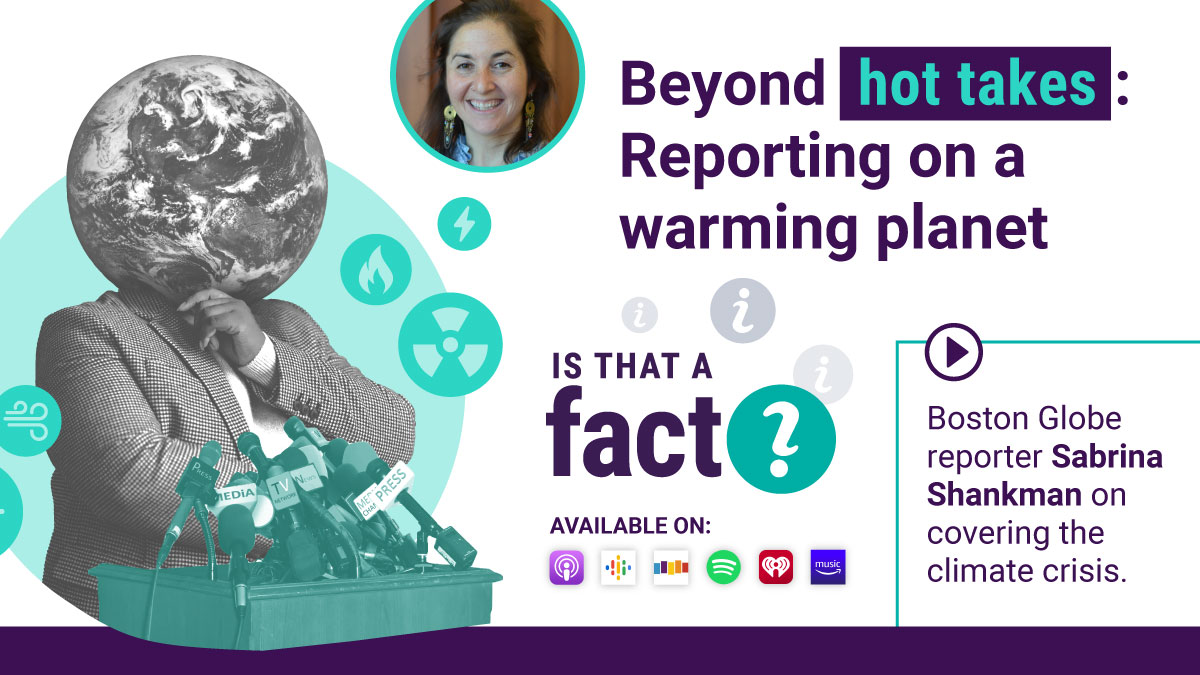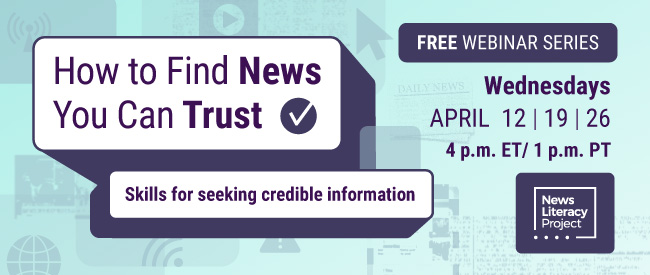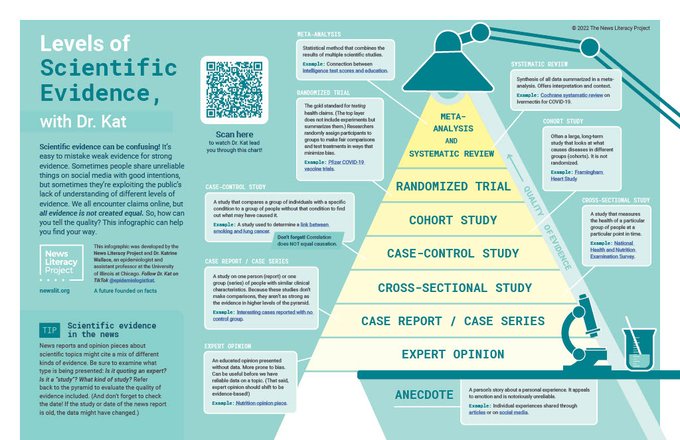Via the News Literacy Project:
"Chatbots like ChatGPT that are built on generative artificial intelligence technologies — a set of algorithms that can “generate” content based on a large dataset — have captured the world’s imagination. Reactions to this great leap forward have ranged from enthusiastic to alarmed.
This technology is evolving rapidly and to keep up we must understand its powers and perils. Generative AI can help us automate mundane tasks or supercharge our online searches, but it could also be weaponized to create and spread disinformation at a dizzying pace.
AI will impact the digital landscape in ways we have yet to imagine. But we do know that news literacy skills and knowledge — like checking your emotions before you share content, consulting multiple sources or doing a quick reverse image search — will be more vital than ever."
The News Literacy Project has compiled a set of resources to define AI and to help determine how to identify it. https://newslit.org/ai/






